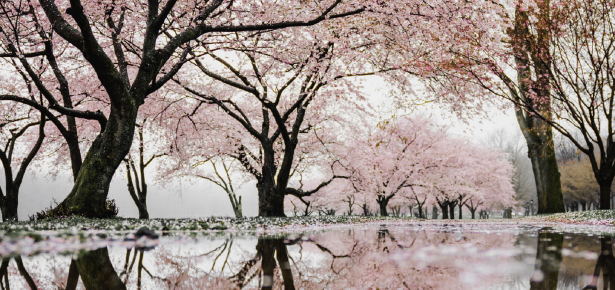
My friend’s mother died on Wednesday in a Dublin hospital, of C-19. None of the usual obsequies are available to me now: I can’t send flowers or go to the funeral. What’s left to me is words and only words; words over the phone, words typed in a text message. Better, more personal, more considered words I will write in a letter in my own hand that, even so, won’t be nearly good enough, for what words are up to the task of looking raw grief straight in the eye to, somehow, stare it down?
The words I reach for now are plain and simple, worn by usage the way a river stone is worn smooth by the river. They have little truck with thought: there’s no call for them to be ingenious, novel or self-aware. What I need from them is transparency, for nothing in them to snag attention, so that the feeling behind them might be felt, innocent and unfraught. Their strength and comfort lie in their ritual commonality: to innovate or amplify would be, on this occasion, to dilute. These words, perhaps more than any others, have an extraordinary capacity to look both ways, to be both utterly sincere and entirely impersonal: I’m sorry for your loss.
I could say that they’re the opposite of poetry in that they’re all about what’s being said, and only scantly interested in the how of the saying. Not for them the forensic investigation of the equipage of thought and feeling by which a poem moves, if it moves. Despite the personal pronoun, they are as close as is possible, possibly, to language that is ego-free.
And yet. Stripped of the extra-lingual ways we use our bodies to animate dead words, (inflection and tone, the kindly look, the touch on the arm, the pressed hand), the danger is that flat words are apt to convey thin feelings. So, people seek out other ways to communicate these days: the wave from the other side of the road; the phone calls more frequent than they used to be; the sense that a question such as, ‘How are you?’ might actually beg an answer. New York’s nightly 7 pm clatter of giving thanks has plenty to say for itself and is, roughly, equivalent to those words of condolence above (the point being the communal heft of noise, not how any particular element might distinguish itself).
The poems will come later, when the suffering has sifted down from shared experience to solitary aftermath. When it is felt more in the singular than the plural, poetry will be one of the ways we try to understand what has happened to us. (Strange, perhaps, to think of our current reality of self-isolation and social distancing as a shared one, but that’s, somehow, how it feels. ‘We’re all in this together’, goes the mantra, and unlike most mantras, it seems valid. Or, at least, plausible.) Right now, in our cocooning, we latch on to whatever allows us to feel a wisp of empathy; however fleeting or sentimental, it seems to help.
Click here to discover more by this author.
Latest Comments
Have your say!